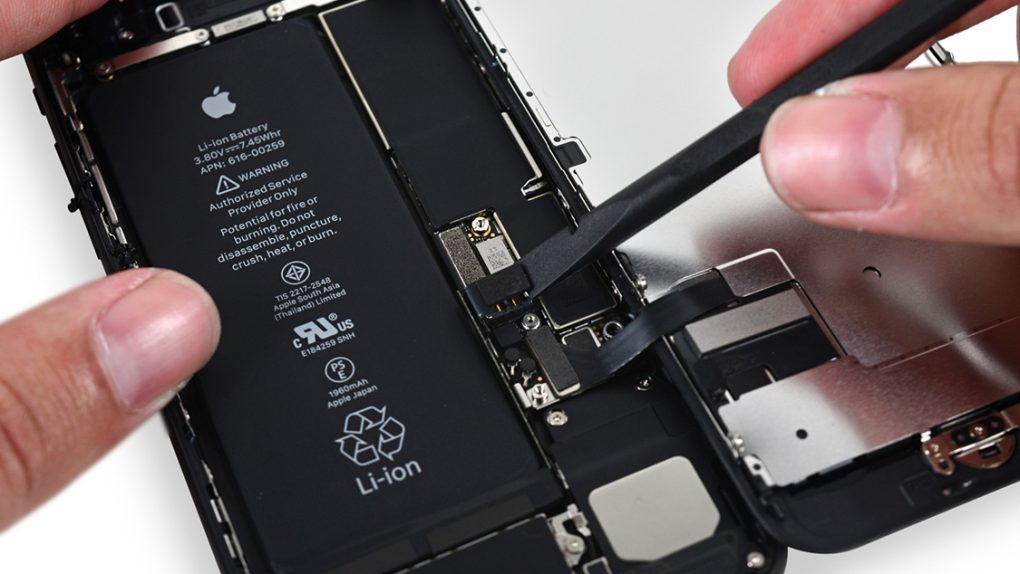Apple has to face at least 61 lawsuits that were filed against the iPhone maker soon after the company acknowledged that it slowed iPhones down via software to prevent unexpected shutdowns caused by old batteries.
A report a few days ago said that all class actions may be merged into a single lawsuit in the near future. In the meantime, U.S. Judicial Panel on Multidistrict Litigation ruled that all iPhone slowdown lawsuits should be transferred to the U.S. District Court for Northern California.
Here’s an excerpt from the ruling:
These actions share factual questions arising from allegations that Apple included code in updates to its mobile operating system (iOS) that significantly reduced the performance of older-model iPhones. Plaintiffs also allege that Apple misrepresented the nature of the iOS updates and failed to adequately disclose to iPhone owners the impact the iOS updates would have on the performance of their iPhones.
Discovery regarding the engineering of the iPhone and the iOS updates likely will be technical and complex. Plaintiffs assert similar causes of action for false advertising, alleged unfair business practices, trespass to chattels, breach of contract, and unjust enrichment. Moreover, plaintiffs bring these actions on behalf of overlapping putative classes of iPhone owners. Moreover, plaintiffs bring these actions on behalf of overlapping putative classes of iPhone owners. Centralization thus will eliminate duplicative discovery; prevent inconsistent pretrial rulings, including with respect to class certification; and conserve the resources of the parties, their counsel, and the judiciary
More than half of the lawsuits were already filed in the Northern District of California, MacRumors explains.
Apple first confirmed the intentional slow down of iPhones back in December, soon after a Redditor discovered that his iPhone’s speed returned to default after a battery replacement.
The company then introduced a cheaper battery replacement program as well as a new battery management setting that would let users disable throttling. All the while, Apple maintained the idea that it’s not slowing down devices to convince customers to replace older iPhones that may feel slower than before.








